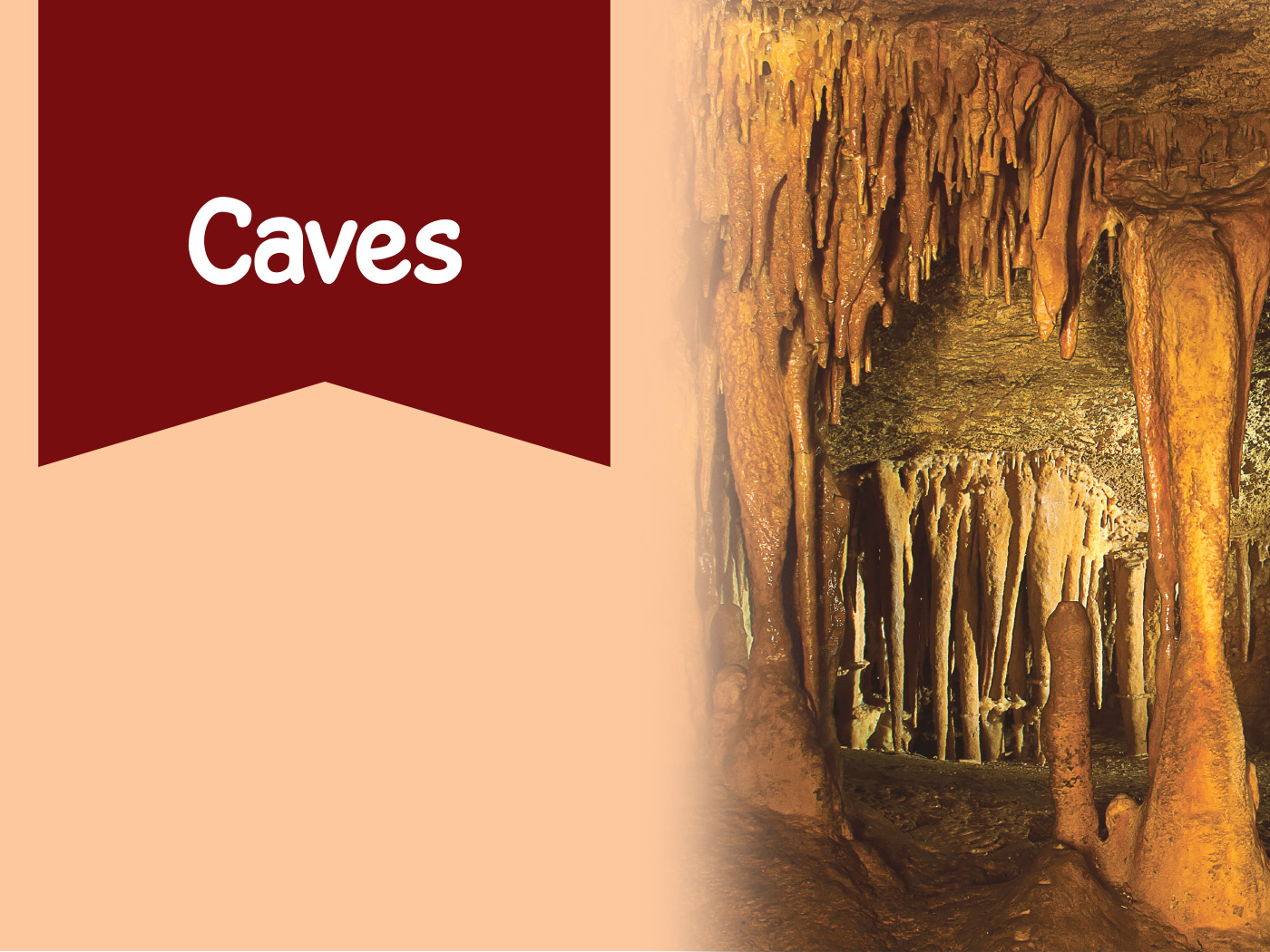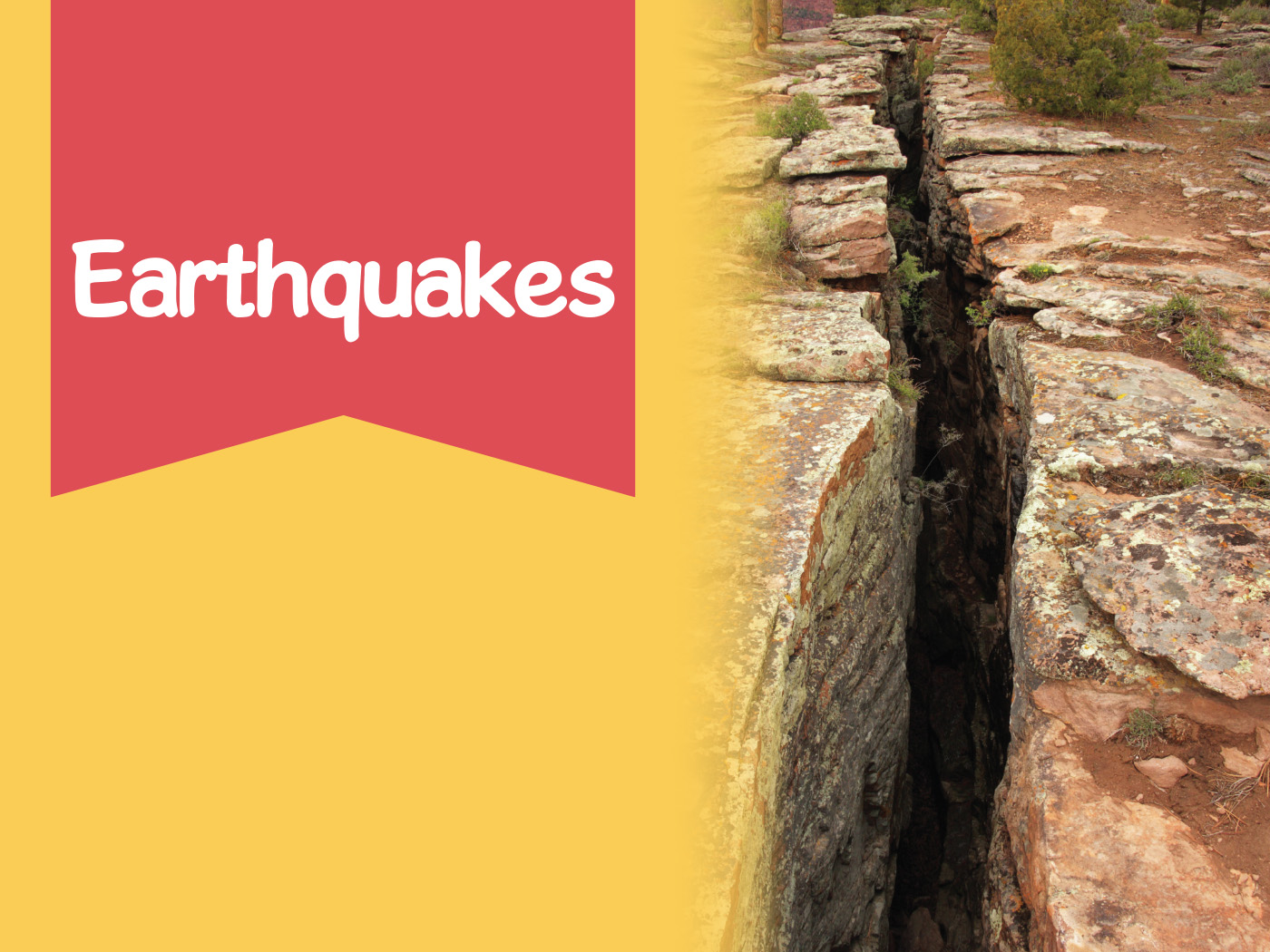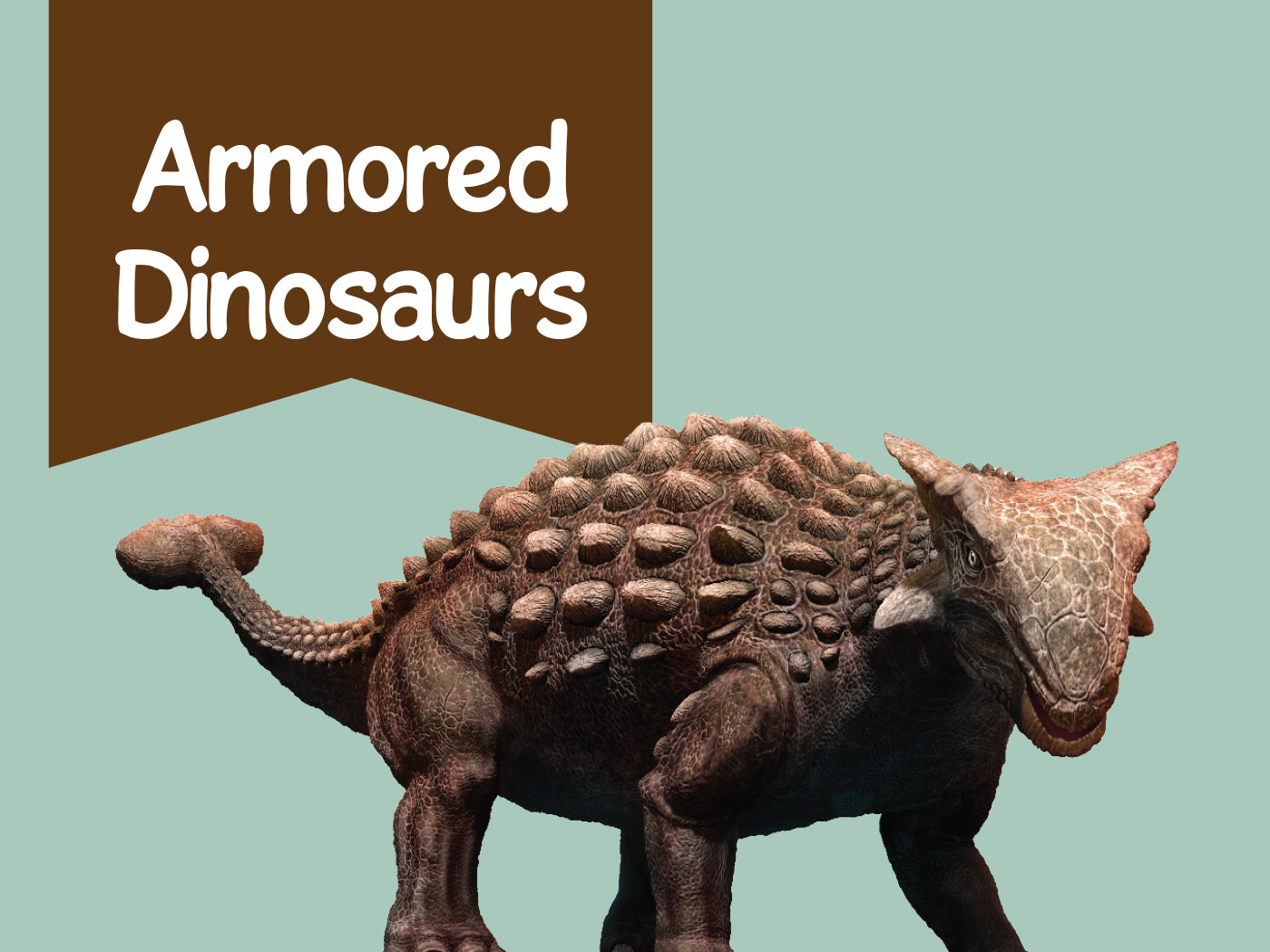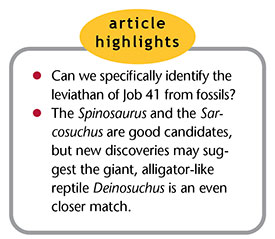 In Job 41, God points Job’s attention to a terrifying animal called leviathan. It’s clear this was a real creature, but what was it?
In Job 41, God points Job’s attention to a terrifying animal called leviathan. It’s clear this was a real creature, but what was it?
Bible commentaries often call leviathan a crocodile. However, swords, hooks, and spears can pierce crocs but not leviathan, as verses 1 and 2 state. Author Peter Booker identifies the extinct super-croc Sarcosuchus [sahr-coe-SUE-cuss] as the biblical beast. It grew over 30 feet long.1 Now, that’s more like it.
ICR scientist Dr. Tim Clarey highlighted similarities between leviathan and a huge, amphibious theropod dinosaur called Spinosaurus.2 This fits the Job 41 description of an enormous animal that took to the waters but also walked on the shore. But a new study puts the extinct North American alligator-like creature named Deinosuchus center stage.
Although Spinosaurus was longer, Deinosuchus specimens approached 40 feet. For perspective, “it was so enormous, almost everything in its habitat was on the menu.”3
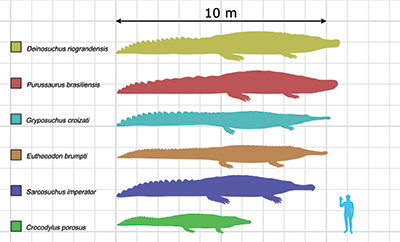
Job 41:15 says that “his rows of scales are his pride.” The word translated “scales” literally means “shields.” Deinosuchus had bony plates called osteoderms embedded in its skin, many as large as an adult human’s palm. Verse 17 says that leviathan’s scales “stick together and cannot be parted.” Similarly, Deinosuchus’ osteoderms came riddled with deep pits where connective tissue was tightly tied.3 God also calls Job’s attention to leviathan’s “terrible teeth” (v. 14). Deinosuchus had “teeth the size of bananas.”4
Job 41:25 refers to leviathan’s “crashings” or thrashings, reminiscent of an alligator feeding. Then verse 31 says that “he makes the deep boil like a pot; he makes the sea like a pot of ointment.” One stirs a pot of ointment. Modern alligators are famous for their death-roll maneuver, when they spin in the water to break apart large prey in their mouths. One study estimated that Deinosuchus could do death rolls although Sarcosuchus probably could not.5
What about those verses that refer to fire and smoke from leviathan’s mouth and nostrils (vv. 20-21)? Smoke doesn’t fossilize, but nostrils do. Deinosuchus had an enlarged chamber at the tip of its snout, and “the reason for its enlarged nose is unknown.”2 Could this extra space have housed a fire-making biochemistry setup?
In addition, “it had two large holes...at the tip of the snout in front of the nose. These holes are unique to Deinosuchus, and we do not know what they were for.”4 One set of nostrils on top were for breathing, and a second set of nostrils aimed forward.
How could American fossils tie to Job’s land of Uz? Genesis 7:22 notes creatures with nostrils died in the Flood. A young Deinosuchus could have survived the Flood either on board the Ark since it had nostrils and legs, or among the fish outside the Ark since waters were its main habitat. After the Flood, these supermassive, alligator-like monsters would have produced generations that migrated to suitable habitats around the world, possibly including Job’s homeland where he witnessed the beast.6 Afterward, they went extinct like Job’s behemoth.
From crocodile to Spinosaurus to Deinosuchus, fossil matches to leviathan keep improving. They put Job and the Bible where they belong—in real history.
References
- Booker, P. 2005. A New Candidate for Leviathan? TJ. 19 (2): 14-16.
- Clarey, T. 2015. Tracking Down Leviathan. Acts & Facts. 44 (7): 14. See also Thomas, B. Spinosaurus Swam! How a Swimming Spinosaurus Fits Scripture. Creation Science Update. Posted on ICR.org May 26, 2020, accessed August 12, 2020.
- New study confirms the power of Deinosuchus and its ‘teeth the size of bananas.’ Taylor & Francis Group press release. Posted on newsroom.taylorandfrancisgroup.com August 10, 2020, accessed August 12, 2020.
- Cossette, A. P. and C. A. Brochu. 2020. A systematic review of the giant alligatoroid Deinosuchus from the Campanian of North America and its implications for the relationships at the root of Crocodylia. Journal of Vertebrate Paleontology: e1767638.
- Blanco, R. E., W. W. Jones, and J. Villamil. 2014. The ‘death roll’ of giant fossil crocodyliforms (Crocodylomorpha: Neosuchia): allometric and skull strength analysis. Historical Biology. 27 (5): 514-524.
- Eventually they went extinct. See Thomas, B. 2019. What Happened to Dinosaurs after the Flood? Acts & Facts. 48 (6): 20.
* Dr. Thomas is Research Associate at the Institute for Creation Research and earned his Ph.D. in paleobiochemistry from the University of Liverpool.








